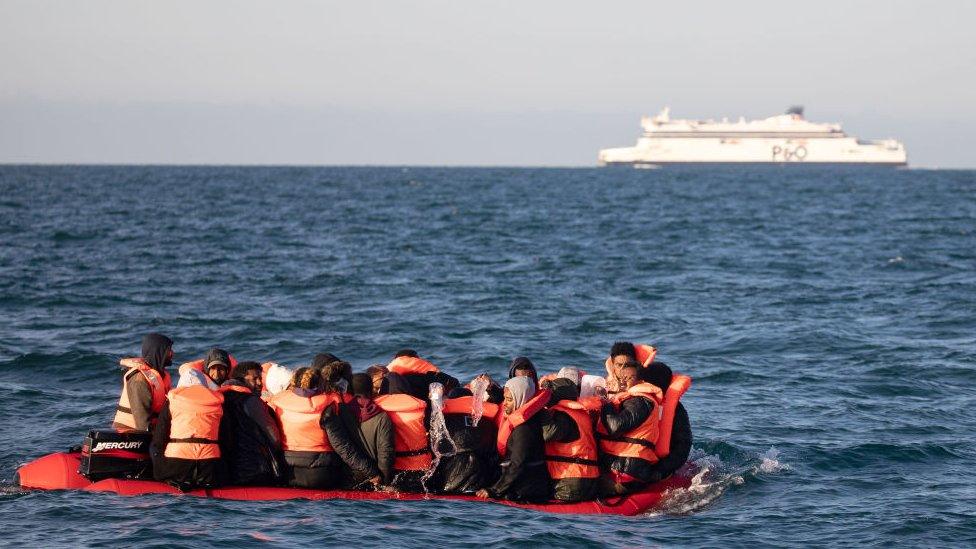High Court to end supervision in lone asylum-seeking children case
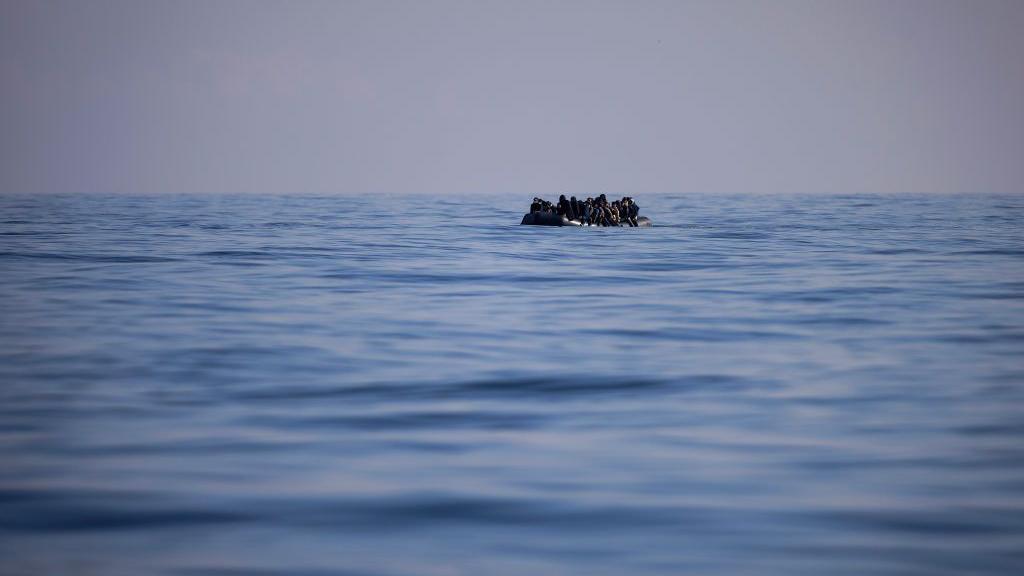
Campaigners say more than 5,000 unaccompanied child asylum-seekers passed through hotels since July 2021
- Published
Campaigners say they will continue to call for a national inquiry into missing asylum-seeking children as the High Court confirmed it will no longer supervise authorities involved in their care.
A case brought against Kent County Council and the Home Office in 2023 found that the "routine" housing of unaccompanied child asylum seekers in hotels was unlawful.
In the fourth judgment on the case, Mr Justice Chamberlain said on Wednesday the court would no longer supervise the lawfulness of the conduct of the county council and the Home Secretary.
The county council said a properly working scheme to transfer children was needed to “stop the unequitable burden on Kent”.
The case was brought by Every Child Protected Against Trafficking (ECPAT UK), which said it was grateful to the court for the oversight and ensuring “that the situation never happens again”.
Previous judgments related to a cap on the number of unaccompanied child asylum seekers the county council would accept responsibility for and the “systematic and routine” accommodation of the children in hotels, outside the care system.
ECPAT UK chief executive Patricia Durr said more than 5,000 children had passed through hotels since July 2021.
She said many children had gone missing, were trafficked and abused and denied rights and entitlements that would have otherwise safeguarded them.
Ms Durr added that the judge’s recognition of the “serious consequences” of a local authority failing to care for children and the “prolonged intransigence” of the council and the Home Office in rectifying the situation was “both welcome and necessary”.
She added: “Throughout proceedings we have remained steadfastly committed to upholding the rights and needs of some of the most vulnerable children and we will continue to do so should this or a similar situation happen again.”
Mr Justice Chamberlain said a “great deal of progress” had been made since December, and that the home secretary closed the last of the hotels housing unaccompanied children on 31 January.
The Home Office and county council had been “unable to agree the contents” of an emergency response plan, he said.
'A national shame'
He added: “The risk that Kent CC becomes unable to discharge its duties under the Children Act 1989 can never be eliminated, because the numbers of children arriving is inherently uncertain.”
Ms Durr added: “It remains a national shame that many of the children that went missing have never been found and we will continue to call for a national inquiry to find out what happened and why.”
Roger Gough, Kent County Council’s leader, said the council welcomed the judgment and remained of the position that a properly working national transfer scheme (NTS) was needed.
He said being able to transfer unaccompanied asylum-seeking children “swiftly and safely” to other authorities would “stop the unequitable burden on Kent”.
Mr Gough added: “Disappointingly, although this legal action has now ended, there remain outstanding issues with the sustainability of the NTS that must be resolved urgently, particularly as we have now moved into the period of heightened small boat crossings prior to our new accommodations and increased capacity becoming available later this year.”
A government spokesperson said: “We welcome this judgment and will continue to work with local authorities across the UK, including Kent County Council, to support them to fulfil their statutory duties to accommodate unaccompanied children nationwide.”
Follow BBC Kent on Facebook, external, on X, external, and on Instagram, external. Send your story ideas to southeasttoday@bbc.co.uk, external or WhatsApp us on 08081 002250.
Related topics
- Published10 May 2024
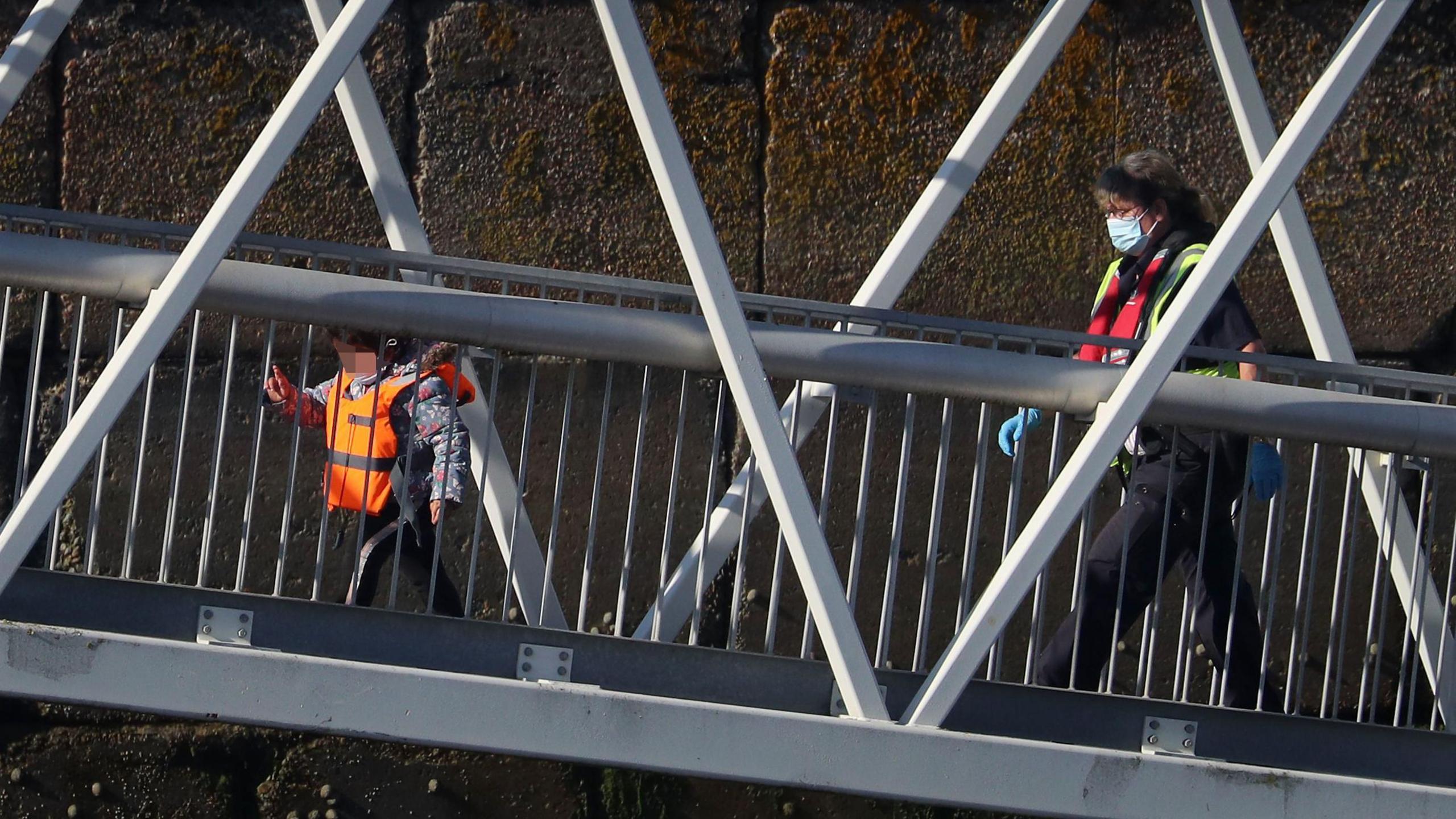
- Published5 April 2024
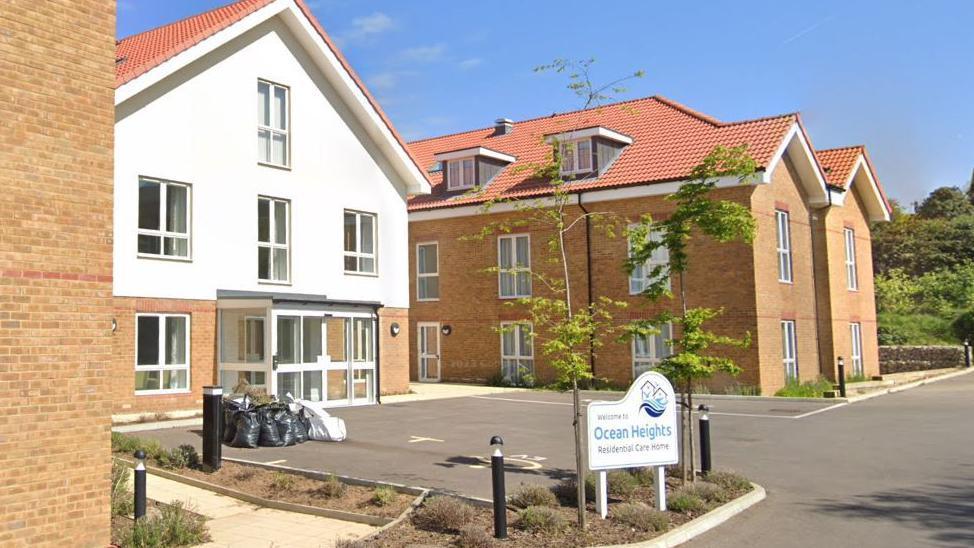
- Published4 March 2024
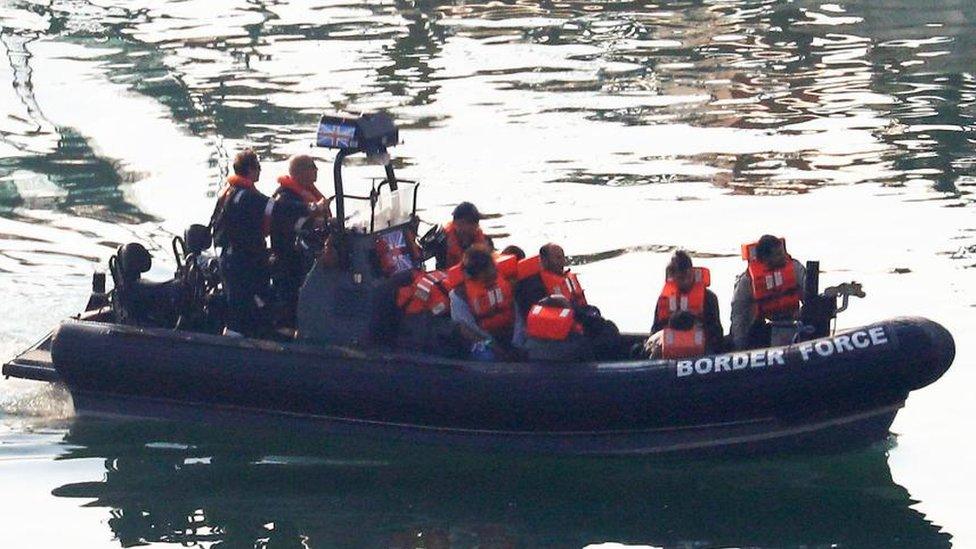
- Published16 September 2023
